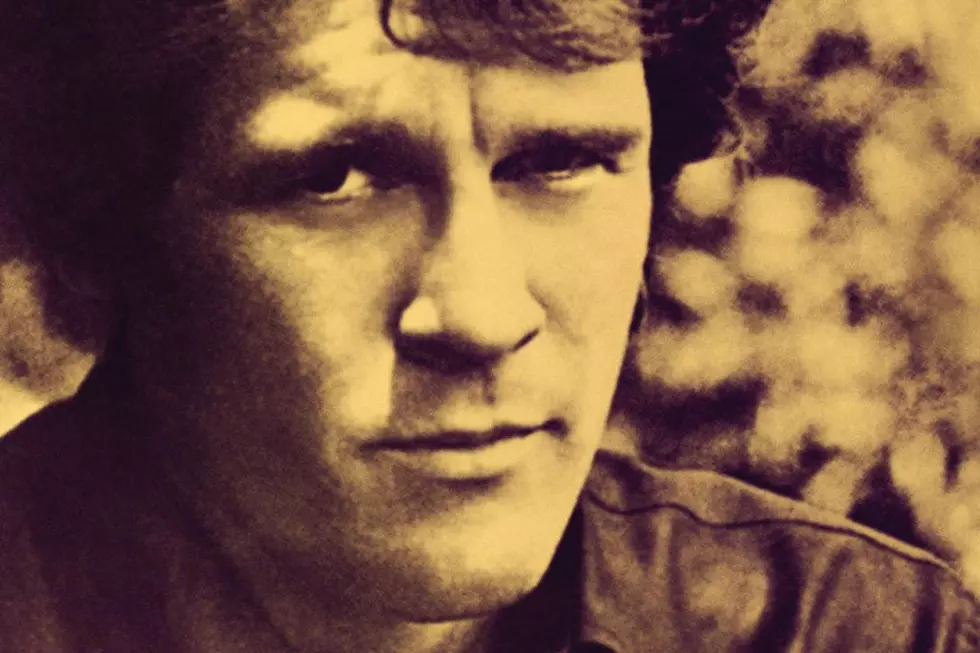
The Day Songwriter Tim Hardin Died
Tim Hardin’s recorded output did not fare well commercially, but his songs were loved and covered by some of the most recognizable names in the music business. He died of a heroin overdose on Dec. 29, 1980 at the young age of 39.
A native of Eugene, Ore., Hardin moved to New York City in 1961 and became part of the thriving Greenwich Village scene. By 1966, he had signed to the Verve Forecast label, releasing several albums that combined folk music and string arrangements. They didn’t sell well, but they got into the right hands.
Rod Stewart covered "Reason to Believe" on 1971’s Every Picture Tells a Story. It was released as a single and started to climb the charts, before disc jockeys decided they were more attracted to the B-side, "Maggie May." "Reason to Believe" finally became a hit 22 years later when Stewart’s version of it from Unplugged … and Seated reached No. 19 on the Billboard Hot 100.
When early-rocker-turned-lounge-crooner Bobby Darin entered the folk phase of his career, he took Hardin’s "If I Were a Carpenter" into the Top 10 in 1966. Three years later, Hardin recorded one of Darin’s compositions, "Simple Song of Freedom" to No. 50 on the charts. It was Hardin’s lone chart appearance as a recording artist, and, ironically, he didn’t write it.
While "Reason to Believe" is his best-known song, "If I Were a Carpenter" is probably Hardin’s most durable composition. In addition to Darin, it’s been recorded by Johnny Cash and June Carter, the Small Faces, the Four Tops, Robert Plant and many more. And many of his other songs also found their way onto albums by names like the Byrds, Three Dog Night, Nico and Fleetwood Mac.
But for all the plaudits – and an appearance at Woodstock – Hardin was unable to translate his hip cachet into commercial success, in part due to his heroin addiction. After a brief stint on Columbia from 1969-72, Hardin released only one more album in his lifetime.
Still, Hardin’s work continues to be championed by acts like Okkervil River who, in 2005, released a cover of Hardin's "Black Sheep Boy." “There is something very disarming about how simple those songs are,” frontman Will Scheff told the Telegraph. “A Tim Hardin song never outstays its welcome. It’s very short and pretty: one verse, one chorus, second verse, the song is over and he’s out of there. It’s like a tiny, perfectly cut gem.”
The Best Albums From More Than 100 Classic Rock Acts
More From Ultimate Classic Rock









